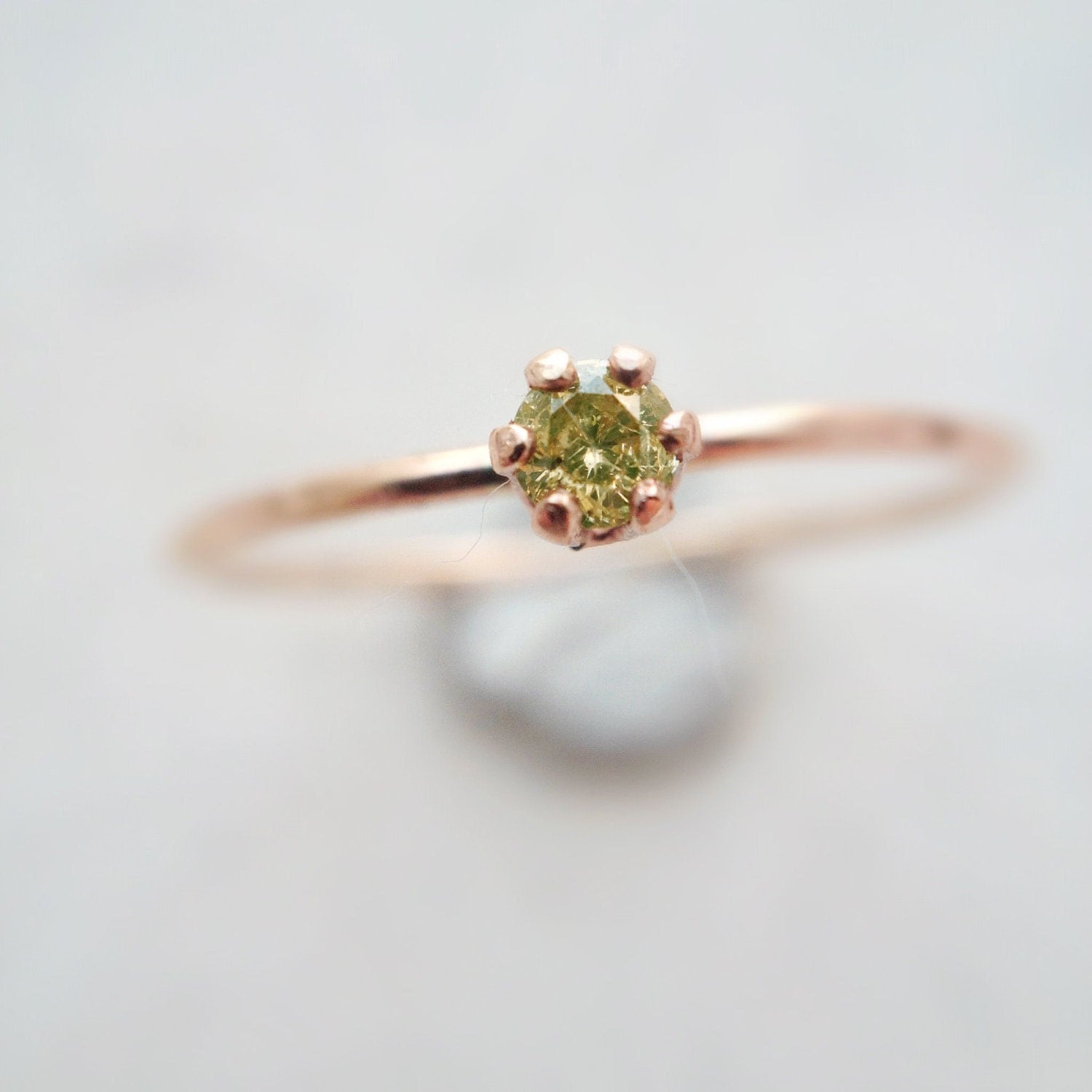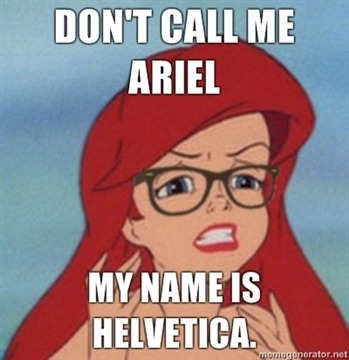 Finding Infinity
Finding Infinity by
Susan Kiernan-Lewis
My rating:
3 of 5 stars
Because I have the Kindle version, I haven't read any of the jacket copy and don't know how it's being marketed. But after reading, I'd call this half cozy mystery, half traditional chick lit. If you forgive a couple of gaping holes in the premise, the story itself is very charming.
In brief, Finding Infinity is the story of an empty-nester/widow, Liddy, who decides to move to a small town in Georgia and open a French-themed cupcake shop. She sinks all her savings into the shop, but the designer cupcake business model is -- shockingly -- less well-suited to a small Southern town than, say, New York City. (I should note my own personal bias here; as someone who lives in New York, I am pretty sick of designer cupcakes. The market has been glutted for years. However, I understand that the cupcake phenomenon may just now be penetrating smaller towns.) So Liddy's fledgling cupcake shop gets very little business, and becomes the target of vandalism that verges on hate crime.
Unfortunately this book had more than its share of minor logical flaws and bad analogies, especially in the first half. In chronological order, here are the top ten things that made me stop and say, "What?":
1. Sighing, she fumbled in her purse for a pack of Benson & Hedges she had bought earlier in the day. She hadn't had a cigarette for over twenty years. Somehow, it seemed like an appropriate thing to do.
Wait, wait, wait. The character hasn't smoked in TWO DECADES, but when things get a little tough and she decides to throw away twenty years of not smoking,
it just so happens that she had bought a pack of cigarettes "earlier in the day"? Wouldn't the decision to buy her first pack of cigarettes in twenty years be worth mentioning in the narrative, instead of referring to it offhandedly as a
fait accompli?
 |
| Here's something I last did twenty years ago. You'll note that I have yet to purchase a jump rope to carry around with me on the off chance that it suddenly "seems like an appropriate thing to do." |
2. When she sees the empty store fated to become her cupcake shop: The inside looked like a bomb had gone off but she imagined it was just the result of neglect and long-time vacancy.
 |
| In other words, this is what it looks like when a bomb goes off? |
I don't know about you, but my mental picture of a place where a bomb has gone off involves something like
a missing wall or two, or possibly a mushroom cloud
. A place that's vacant and neglected, on the other hand, makes me think it's probably pretty dusty, and maybe has some wicked cobwebs.
3. Somewhere between the ancient mother and her age (does forty-five mean they think I'm really sixty?) she could literally hear e-Harmony registrants signing off en masse.
I think the word you were looking for is "figuratively," unless e-Harmony makes a special chime to notify Liddy when other users log off. Also, if men add fifteen years to the age on your profile, I'm going to need to make a profile that says I'm fourteen.
4. [The realtor] said it would probably not be a very good PR move for me to call the cops before I've even opened the shop. That kind of advertising, I can do without. And it wasn't technically a break in since I didn't have a lock on the front door.
A basic Google search for the definition of breaking and entering would reveal the fallacy of that last line. Or, you know, watching a couple of episodes of Law & Order. And what idiot decides not to report a break-in because of PR concerns? It's not like you're a security firm and your product has been compromised by the mere fact of a break-in. "Oh no! People won't want to eat my cupcakes if they know someone tried to steal cash out of my register!"
5. "Yeah, sorry about that," Danni-Lynn said looking not at all sorry. "I meant to have Leroy get that lock for you all day yesterday. Well, you got it now."
What kind of [expletive] doesn't look sorry that you got robbed because she couldn't get you a damn lock in a timely fashion? And what kind of [double-expletive] would say, "Well, you got it now" afterward?
6. "To break even," Liddy said, her words dragging her down as she spoke them, "I have to be able to produce and sell about two hundred cupcakes a day. Every day."
I freely admit I know nothing about the cupcake business, but two hundred cupcakes a day sounds like a LOT for a small town. It's not like coffee, where you can count on regulars drinking a cup pretty much every single day. No one eats a cupcake every day. And assuming an eight-hour workday, Liddy would need a pretty constant stream of foot traffic, because that's roughly one cupcake sale every couple of minutes.
We find out later that Infinity is a town of about 2,300 people. So, roughly ten percent of the population needs to have a cupcake craving. Every day. For her to
break even. Sounds like a great investment, right? Is this one of my 401(k) options?
7. Tucker had invited one other couple (take that, Mama) and Liddy pretty much hated her from the get-go.
Apparently that couple is female and singular.
8. It occurred to her that she might be a tad overdressed for a casual dinner in the backwoods of small town Georgia. Why did she wear her Manolos, for crap's sake?
Someone has watched wayyy too many Sex & the City reruns. Also, when you go to someone's house for dinner, don't you think about what you're wearing
when you're getting dressed, as opposed to right before you pull up to the house? Imagine the reverse situation: "It occurred to me that I might be a tad underdressed for the black tie gala. Why did I wear my sneakers, for crap's sake?" Hm, guess I should have thought about that while I was getting ready.
 |
| Next thing, you'll be telling me I shouldn't wear these to muck out the barn, either! |
9. She had tacked up fliers at her mother's rehabilitation center and at every public facility that would allow her within ten miles of Infinity.
So lots of grocery stores in Alabama and Florida got fliers, because they really didn't care how close she got to the small town of Infinity, Georgia.
10. Surely, if he had been thinking clearly, it would have realized why she was calling.
I'm pretty sure "it" must be the phone. It's the newest upgrade for caller ID -- it realizes
why someone is calling so you don't have to answer. But it only works when you're thinking clearly. New technology always has its strings...
You'll notice, though, that despite all these minor annoyances, I still gave the book 3 stars. That's because despite Liddy's questionable business sense, I found myself liking her as a character. I enjoyed the light romance and solving the minor mystery of who was vandalizing Liddy's shop. I also thought that Liddy's relationships with her ailing mother and her college-age son were touching and believable, and more finely drawn that I typically expect out of a cozy mystery. So if you need a quick, light, and heartwarming read, grab this. It's only $3.99 in the
Kindle store. In other words, it costs the same as two of Liddy's cupcakes, but has way fewer calories!
Disclosure: I received this book free from the author, who encouraged me to write a review. I was not required to write a positive review. The opinions I have expressed are my own. I am disclosing this in accordance with the Federal Trade Commission’s 16 CFR, Part 255 Guides Concerning the Use of Endorsements and Testimonials in Advertising.
 The Snowman by Jo Nesbø
The Snowman by Jo Nesbø












 . . .
. . . 





















